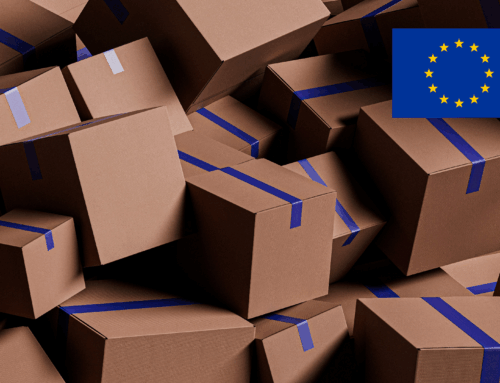In 2024, the majority of processed foods in Indonesia, and in the long term also clothing and cosmetics, are to be halal-certified. The corresponding regulation will make exporting goods to the Islamic country incomparably more complex.
When will the halal law come into force?
Indonesia’s government plans to introduce the regulation gradually. For example, the certification requirement in the food sector is scheduled to come into force on October 17, 2024. Other product groups, such as cosmetics and household goods, will follow by 2026, over-the-counter medicine in 2029, and medicines not until 2034.
What does the halal law require?
Products requiring certification must be tested by certifiers before they can be sold in the country. In the process, manufacturers must provide information about ingredients, production processes and equipment. For example, a product that has been produced in a machine through which “impure” (i.e., “non-halal”) products also pass will not receive certification. The same applies to means of transport.
Disadvantages for European exporters
Foreign exporters will incur costs of an as yet unknown amount with the halal certifications. Depending on the scope of the product portfolio, the testing can be expensive. In addition, non-halal certified products must be visibly marked as “non-halal,” which is a major competitive disadvantage in the heavily Muslim country.
Not all exporters will also be able to finance their own trucks, shipping containers or machinery exclusively for halal goods.
Source: GTAI (german)






